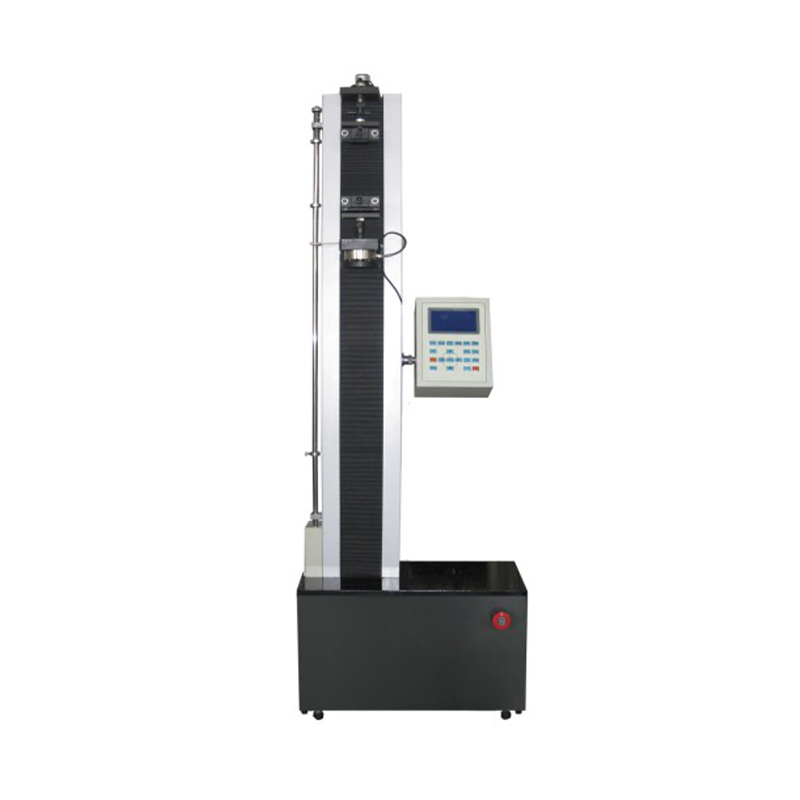Low Resistance Tester Providers for Accurate Electrical Measurement Solutions
Exploring Low Resistance Tester Suppliers
In the ever-evolving world of electronic testing, the demand for accurate and reliable testing equipment, such as low resistance testers, is on the rise. These testers play a pivotal role in various industries, including electrical engineering, manufacturing, automotive, and more. They are essential in measuring the electrical resistance of connections, contacts, and circuit components to ensure optimal performance. As the market grows, a plethora of suppliers have emerged, each offering unique features and specifications. Understanding the landscape of low resistance tester suppliers can be beneficial for businesses seeking to enhance their testing capabilities.
What is a Low Resistance Tester?
A low resistance tester, sometimes referred to as a micro-ohmmeter, is a specialized instrument designed to measure very low resistance values, typically in the range of micro-ohms (µΩ). These testers are crucial for applications requiring precise measurements, such as evaluating the quality of welds, connections, cables, and electrical contacts. The ability to detect minute variations in resistance can help identify potential issues early on, preventing costly failures and enhancing safety.
Key Features of Low Resistance Testers
When evaluating potential suppliers, it's essential to consider the key features and specifications of their low resistance testers
1. Measurement Range Good low resistance testers should have a wide measurement range, allowing for flexibility in testing various components.
2. Accuracy and Precision High accuracy and precision are critical to ensure reliable results. Look for testers that provide calibration certificates or have undergone rigorous testing to verify their performance.
3. Test Current Different applications require varying test currents. Suppliers often offer models with selectable test current settings to accommodate specific testing needs.
4. Display and User Interface A clear display and intuitive user interface are vital for ease of use. Digital displays with backlighting and straightforward controls can significantly improve the user experience.
5. Safety Features Given the high currents involved in some measurements, safety is paramount. Look for testers equipped with safety features such as overload protection, short circuit protection, and insulation resistance testing capabilities.
low resistance tester suppliers

Choosing the Right Supplier
With numerous suppliers available, selecting the right one requires careful consideration. Here are a few factors to keep in mind while evaluating low resistance tester suppliers
1. Reputation and Reliability Research the supplier's reputation in the industry. Look for reviews, testimonials, and case studies to gauge customer satisfaction.
2. Product Range A supplier that offers a wide range of low resistance testers and related accessories can be advantageous, allowing for one-stop shopping.
3. Technical Support and Service After-sales service is crucial. Opt for suppliers that provide comprehensive technical support and warranty options to assist with troubleshooting and maintenance.
4. Pricing and Value While price is an important factor, it's essential to evaluate the overall value offered by the supplier. Consider the balance between cost, features, and quality.
5. Innovations and Technology Some suppliers invest in research and development to improve their products continuously. Choosing suppliers that embrace technological advancements can give your business a competitive edge.
Leading Low Resistance Tester Suppliers
Some prominent names in the market include Fluke, Megger, and Seaward. These companies are recognized for their high-quality products and commitment to innovation. They often provide extensive resources such as manuals, tutorials, and customer support.
Conclusion
As the demand for low resistance testers continues to grow, understanding the suppliers available is crucial for businesses that rely on accurate electrical testing. By considering the features of the testers, the reputation and reliability of the suppliers, and other critical factors, companies can make informed decisions that enhance their operational efficiency and safety. Investing in quality testing equipment is not just a purchase; it is an investment in the future success and reliability of the organization. With the right low resistance tester from a reputable supplier, businesses can ensure the integrity of their electrical systems and foster a safer working environment.
-
QNJ-2/3 Cable Flexibility Test Machine: Precision & Durability
NewsAug.31,2025
-
DQ-F Superfine Wire Conductor Resistance Fixture: High-Precision Testing
NewsAug.30,2025
-
ZC36 High Insulation Resistance: Reliable & Safe Performance
NewsAug.29,2025
-
CX-100 Manual Hydraulic Core Punching Machine - Efficient & Reliable
NewsAug.28,2025
-
Reliable Performance Testing with Advanced Aging Chamber Solutions
NewsAug.23,2025
-
Advancing Precision with Profile Projector Technology
NewsAug.23,2025
 Copyright © 2025 Hebei Fangyuan Instrument & Equipment Co.,Ltd. All Rights Reserved. Sitemap | Privacy Policy
Copyright © 2025 Hebei Fangyuan Instrument & Equipment Co.,Ltd. All Rights Reserved. Sitemap | Privacy Policy

